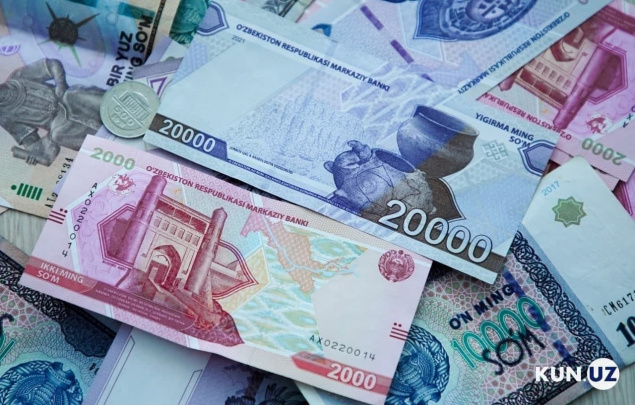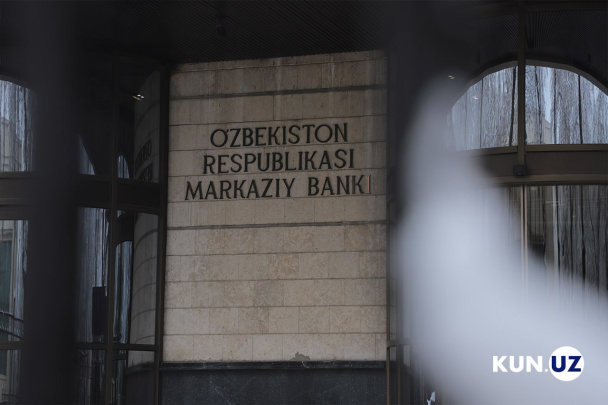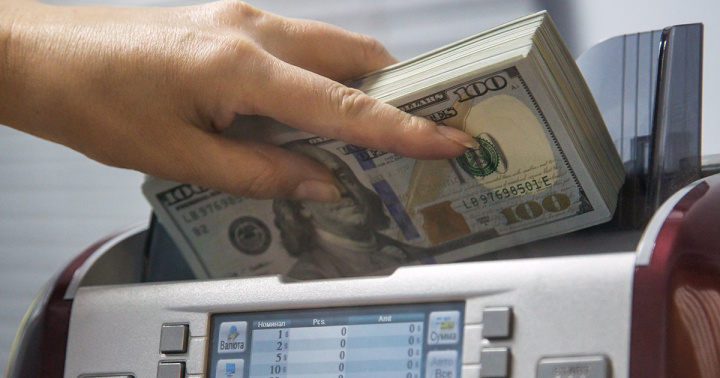It may take another 2-3 years to reduce Uzbekistan’s inflation to 5%
The deadline for achieving the 5% inflation target planned for 2023 has been extended. In the main scenario of the Central Bank, it is predicted that this period will fall on the second half of 2025, and in the alternative scenario, it will be delayed until the end of 2026. CB expects the inflation rate to be around 8.5–9.5% in 2023 and 8-9% in 2024.

Photo: Kun.uz
At the CB board meeting, “main directions of monetary policy for 2024 and 2025-2026” was conceptually approved.
In all scenarios of macroeconomic development, the main objective of the Central Bank is to ensure price and financial stability.
In the coming years, the development of the current situation in external economic conditions without drastic changes and the active continuation of structural reforms were defined as the main scenario conditions, while the further increase of uncertainties and the occurrence of dangerous shocks in external conditions were noted as alternative scenario conditions.
In the development of the main scenario, attention is focused on the implementation of macroeconomic corrections in the following years, that is, views such as transition of structural reforms in energy, transport and agriculture and water management to an active phase, bringing some of them to their logical conclusion, starting fiscal consolidation and reducing the total fiscal deficit from the indicators of 2023, reduction of the state’s share in the economy, rapid growth of private investments and exports as a result of reforms are emphasized.
According to updated projections under this scenario, taking into account the fact that the pressure on the supply factors of the changes in the external situation that occurred in 2022-2023 will remain longer and the effects of some regulated price adjustments on general inflation, it is stated that the period of reaching the constant 5% inflation target will be in the second half of 2025.
Also, if the period of reaching the target is lengthened, on the one hand, it is related to the fact that the gross supply in the economy is delayed in adequately meeting the domestic consumption demand, on the other hand, it is related to the fact that drastic measures aimed at curbing aggregate demand may pose serious risks to economic activity and financial stability.
Within the framework of the main scenario of macroeconomic development, the inflation rate in 2024 is forecast to be around 8-9%. In order to ensure inflation at this level, monetary and credit conditions will be maintained in a relatively tight phase in 2024.
In the meantime, the inflation forecast may be updated again based on the level of adjustment in regulated prices in 2024 and changes to monetary conditions may be made accordingly.
In order to increase the effectiveness of the monetary policy, measures will be continued to reduce the level of dollarization in the banking system, to reduce preferential lending practices, and to switch to interest rates formed on the basis of market principles.
Within the framework of the main scenario, the real GDP growth forecast is expected to be around 5-5.7% in 2024, 5-6% in 2025 and 5.5-6.5% in 2026.
Inflation is expected to be around 9-10% in 2024 under the alternative scenario, taking into account that a slightly unfavorable formation of external conditions will create additional pressure on domestic prices, unlike the main scenario.
In this case, the period of achieving the permanent target will be delayed for a longer period, and inflation will be around 7-8% in 2025, and it is forecasted to decrease to 5% by the end of 2026.
In this scenario, the main factor supporting economic activity will be fiscal incentives. In this case, in the medium-term perspective, real GDP growth may be lower by 1.5-2 percentage points compared to the forecasts given in the base scenario.
Related News

12:19 / 14.11.2024
Antimonopoly Committee sets price cap on AI-80 gasoline amid rising costs

14:54 / 09.11.2024
Central Bank fines seven banks and two microfinance organizations for regulatory violations

10:59 / 08.11.2024
Uzbekistan’s remittance inflows projected to hit $20 billion by 2027

17:21 / 07.11.2024



